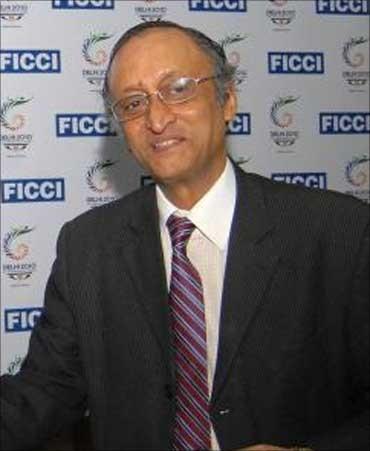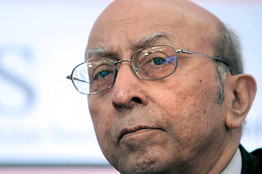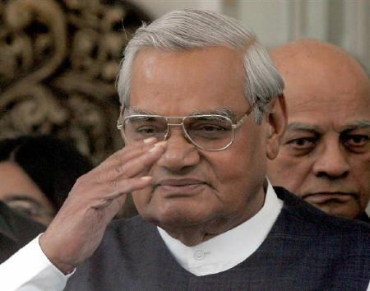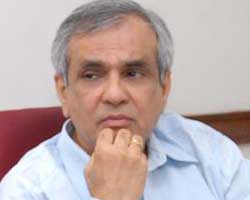 | « Back to article | Print this article |
Amit Mitra, Tarun Das leave a long legacy
The new kid on the block, Tarun Das' newly christened Confederation of Indian Industry, had by then emerged as the voice of a new Indian business leadership.
Ficci stood for the past, as the voice of a defensive, traditional Indian business class that had lost ground to the more aggressive newly emerging entrepreneurs, who had opted to join the ranks of the CII.
Click NEXT to read more...
Amit Mitra, Tarun Das leave a long legacy
Ficci had just come out of many years of lacklustre leadership to put its future in the hands of a "right-wing" economist, who had learnt his economics in the United States and wrote an influential column criticising the policies of the Indira Gandhi era.
The CII was riding high as the forum from which the new liberalisers, from Rajiv Gandhi to Manmohan Singh, opted to reshape India's economic policies.
Few would have expected in the mid-1990s that within a decade Ficci's new secretary-general would transform the organisation in the way he did.
Click NEXT to read more...
Amit Mitra, Tarun Das leave a long legacy
In his early days at Ficci, Mitra used his proximity to many in the Bharatiya Janata Party to raise Ficci's profile during the tenure of the Atal Bihari Vajpayee government.
The BJP did not shy away from openly promoting Ficci while ignoring the CII.
It goes to the credit of Das that he finally managed to build a relationship with the Vajpayee government that helped restore CII's influence in policy making circles.
The early 2000s saw intense competition between Ficci and CII, which, more often than not, became a competition for visibility and influence between Mitra and Das.
Click NEXT to read more...
Amit Mitra, Tarun Das leave a long legacy
However, the competition was not all about public relations and political lobbying.
Mitra invested in Ficci's policy-shaping capabilities. His initiative to create forums for parliamentarians and invest in building a research base helped Ficci gain credibility in policy making circles.
Mitra's successor, Rajiv Kumar, an economist of distinction who has worked both in government and in research organisations at home and abroad, has a challenging task at hand.
Taking on Mitra's mantle and keeping Ficci ahead of the CII will be a daunting task.
Click NEXT to read more...
Amit Mitra, Tarun Das leave a long legacy
Questions are being raised in the public domain about ethics in business, corporate governance and the nexus between business and politics.
Equally, some pertinent questions have been raised about how business leaders have been treated by tax, investigation and enforcement authorities in recent months.
Have Ficci and CII been able to make a difference on either count?
That will be the challenge in the months to come.





